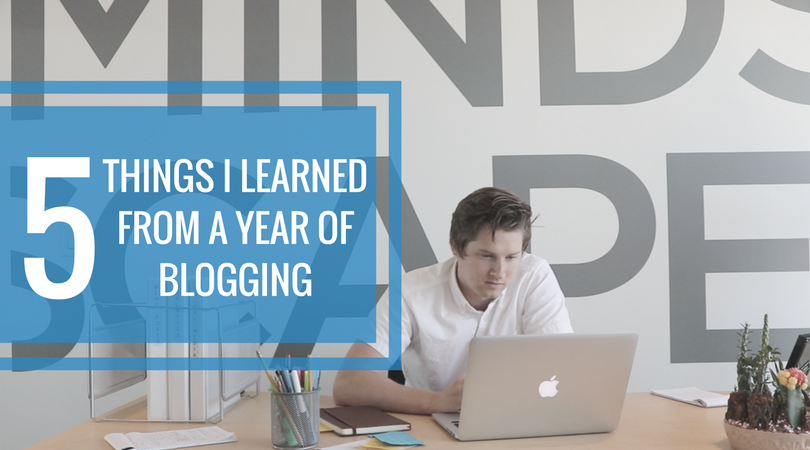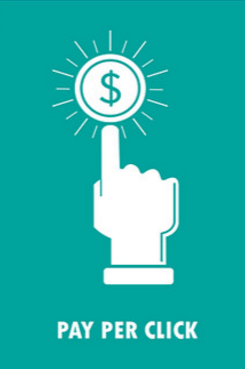If you are a seasoned marketer or event coordinator, then you know know that even the simplest of marketing and networking events are often more than they appear. There is a lot of work that goes on behind the scenes to make sure that the event is a success! Take a free lunch and learn (like the ones we host each month) for example. They are a fun, laid back, information filled hour and half. Lunch and Learns are a great way to meet others in attendance and also leave with some great nuggets that you can immediately implement in your own marketing efforts. Sounds simple enough to pull off, right? But there is a lot more going on behind the scenes of this casual lunch event, than meets the eye. Let’s take a look! First we thought about our buyer personas. We considered who our ideal client is and how we can host an information session in a way that is appealing to them. Well, we achieved this by:more

.png)








.gif)










